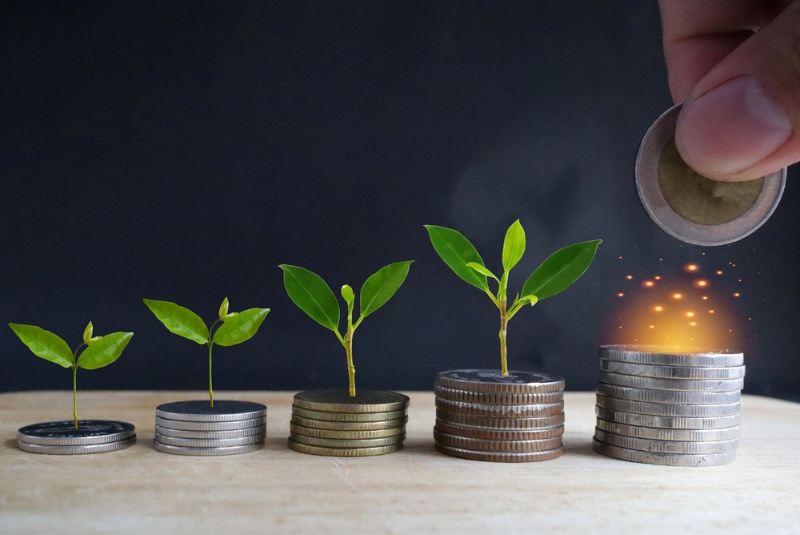In the realm of personal finance, we often hear grand statements about how making big changes can lead to monumental financial outcomes. But what if the key to achieving financial stability and prosperity lies not in grand gestures, but in the humble act of saving small amounts of money regularly? This is the hidden power of what we’ll call ‘micro-saving’, the seemingly insignificant habit of consistently setting aside spare change that can lead to substantial growth over time.
Micro-saving is a strategy that focuses on the accumulation of small amounts of money over an extended period. It is a powerful tool that leverages the magic of compound interest, consistency, and time to create a sizeable nest egg.
The concept behind micro-saving is simple: by regularly saving even a little bit of money, whether that’s change from a cash transaction or a small portion of your paycheck, those small amounts can add up significantly over time. Moreover, this strategy is not about the immediate impact of saving a dollar or two a day, but rather the long-term effect of this habit.

So, how does this work in practice? Let’s consider an example. Suppose you decide to save just $1 a day. It might seem insignificant at first, but over a year, that amounts to $365. Over five years, without considering any interest, that becomes $1,825. Now, let’s say you deposit that money into a savings account with an annual interest rate of 2%. With the power of compound interest working in your favor, after five years, you’d have approximately $1,912. That’s almost $100 extra, simply for letting your money sit in a savings account.
The benefits of micro-saving extend beyond just the financial gains. It is also a gentle and forgiving approach that fosters healthy money habits. For those intimidated by the idea of setting aside large chunks of their income for savings, or those living paycheck to paycheck, micro-saving offers an achievable alternative. It encourages a savings mindset, cultivating financial discipline without the stress of significant lifestyle changes.
(adsbygoogle = window.adsbygoogle || []).push({});
In today’s digital age, leveraging the power of micro-saving has become more accessible than ever. Numerous apps now exist that facilitate this by automatically rounding up your purchases to the nearest dollar and depositing the difference into a savings account. This ‘spare change’ approach allows you to consistently save without even thinking about it, making it an incredibly easy way to build savings.
Furthermore, micro-saving is flexible. You can adjust the amount you save based on your financial situation at any given time. If times are tough, save less. If you find yourself with a bit of a financial windfall, you can choose to save more. The key is to remain consistent.
In conclusion, while saving small amounts may not feel like it’s making a significant difference in the short term, the power of compound interest, consistency, and time can turn these seemingly small contributions into a substantial sum. The act of regularly saving, no matter how small the amount, builds financial discipline and a mindset geared toward future financial health.
While it’s true that micro-saving alone may not fund a lavish retirement or pay for a new house in cash, it can undoubtedly provide a safety net, reduce financial stress, and contribute to long-term financial goals. In the grand scheme of personal finance, every cent truly does count. So don’t underestimate the power of your spare change; it might just add up to more than you think.




